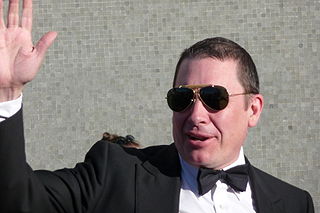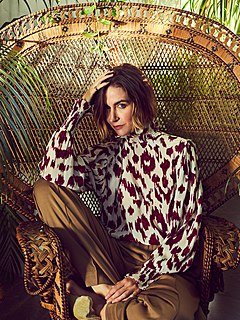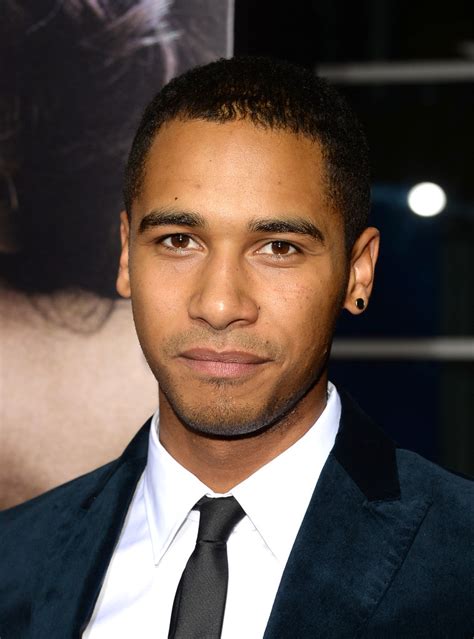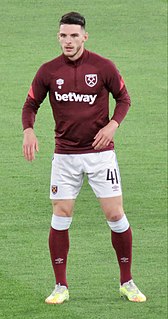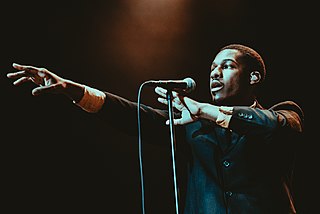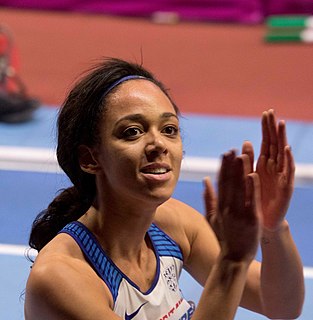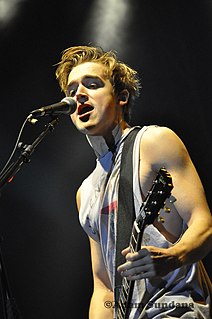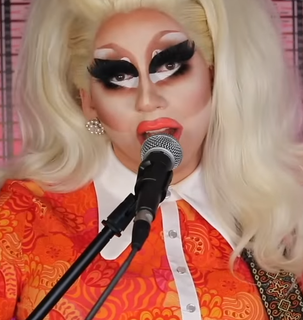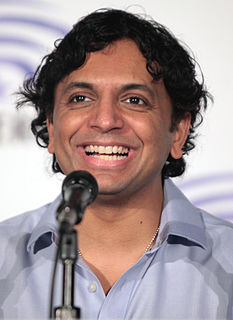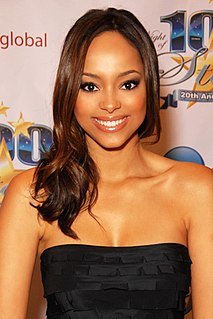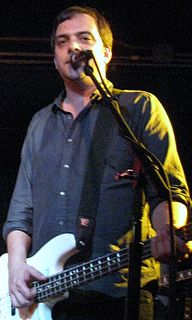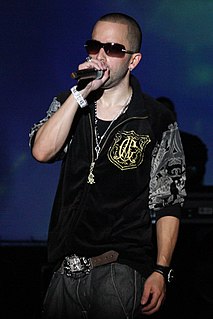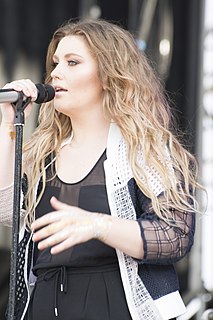A Quote by Jools Holland
At 11, I went to live with my maternal nan and granddad temporarily, after my parents separated, and Nan would let me have a go on her piano. My grandparents were like something out of the Noel Coward play, 'This Happy Breed,' and it was magical to hear them sing music-hall songs.
Related Quotes
The beauty of Billie Holiday is that she gave every singer after her the license to interpret and perform music in ways that were unique to each of us. Her uniqueness was very much a part of the way she sang the songs, the story she wanted to tell through the songs. I didn't really have a full understanding of Billie until I left home -- until I'd lived a little, shall we say. At different seasons of my life, when I'd sing her songs or listen to her albums, I'd hear things I didn't hear before. Wherever you are in life, you'll hear different things in her songs.
I want to literally quit drag and go live in the woods somewhere and write music for my favorite female singers, like Miley Cyrus or Kacey Musgraves. I would love to be able to write music for them and hear these women I admire sing my songs. That would be like doing drag without having to get into drag myself.
My grandparents were classic Indian grandparents. My grandmother would put so much powder on her face that it was like a Kabuki play and she'd come down the stairs. I was like 8 or 9 years old. My grandfather apparently had no teeth because he would take out his teeth and put them in a glass, and then he would try to scare me with it. I started to try to scare them when I was a little older.
I like playing at public schools. I like when there's more of a diverse audience. I'll play wherever people want to hear my music, and I'll be glad and grateful for the opportunity, but I'd rather not play for a bunch of white privileged kids. I'm not meaning that in a disrespectful way; you go where people want to hear your music. So if that's where people want to hear me play, I'm glad to play for them. But I'd rather play for an audience where half of them were not into it than one where all of them were pretending to be into it, for fear of being uncultured.
I knew from the start that I wanted my life to be about music. I taught myself the notes of the piano aged three, and then I spent the next few years deconstructing chords to figure out how to play them. At 11, I researched online the sort of music school I wanted to attend, printed out the details, and handed them to my parents.
